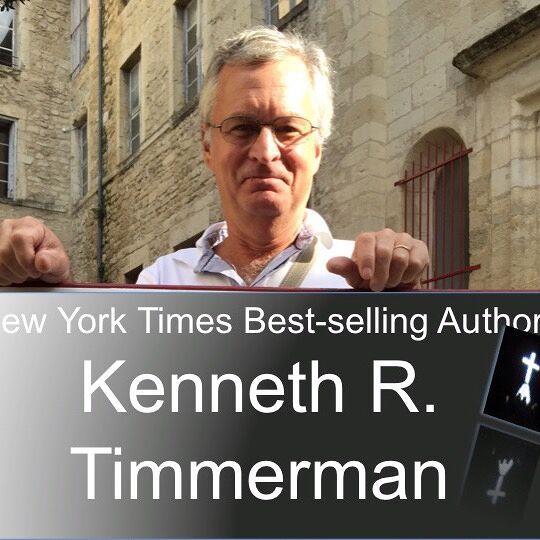ChatGPT Boss Sam Altman Hopes AI Can ‘Break Capitalism’
Sam Altman, the CEO of ChatGPT creator OpenAI, recently spoke to Forbes in an interview about the future of AI and the development of ChatGPT which Altman hopes could one day “break capitalism.”
OpenAI CEO Sam Altman was recently interviewed by Forbes magazine about the company’s progress and future plans. OpenAI is considered to be the hottest and most scrutinized startup in the rapidly growing generative AI category. In the interview, Altman talked about the company’s journey and its meteoric rise of its first product, ChatGPT. The AI chatbot has proven controversial due to its absurdly woke politicized responses, such as waxing poetic about Joe Biden and demonstrating leftist bias on a wide variety of popular topics.
Altman described the current situation as “an exciting time” and expressed hope that the company was still in its early stages, with a lot of room for growth and improvement. He said that despite the recent success of ChatGPT, OpenAI still sees this as the beginning of a long and exponential path toward improving AI technology and its impact on society.
“He was granted power to give breath to the image of the beast, that the image of the beast should both speak and cause as many as would not worship the image of the beast to be killed.” Revelation 13:15
![]()
When asked about the success of ChatGPT, Altman admitted that he was surprised by its sudden popularity, stating: “I wanted to do it because I thought it was going to work. So, I’m surprised somewhat by the magnitude. But I was hoping and expecting people were going to really love it.”
Altman also expressed that he’s a capitalist but that the AGI (artificial general intelligence that thinks like humans) could possibly disrupt the current economic system. “I think capitalism is awesome. I love capitalism,” said Altman. “Of all of the bad systems the world has, it’s the best one — or the least bad one we found so far. I hope we find a way better one. And I think that if AGI really truly fully happens, I can imagine all these ways that it breaks capitalism.”
Altman also commented on the parallels between the AI market and other emerging technologies such as cloud computing, search engines, and others. He said that while there are similarities, it is important to recognize the subtle differences that make each technology unique. He said that while it is easy to compare OpenAI to cloud computing battles that companies like Microsoft and Google engaged in, there are differences in the feature choices that companies will make in the AI market.
When asked about the possibility of ChatGPT replacing traditional search engines like Google Search, Altman said that while he doesn’t think ChatGPT will replace search, he believes that an AI system could someday. “I mean, I don’t think ChatGPT does [replace Search]. But I think someday, an AI system could. More than that, though, I think people are just totally missing the opportunity if you’re focused on yesterday’s news. I’m much more interested in thinking about what comes way beyond search.
Breitbart …












